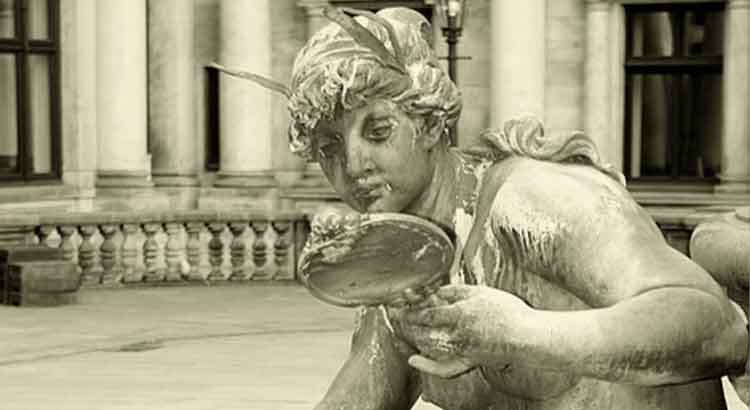It is amazing to see that exactly in the century immediately following the eruption of the geniuses of modern psychology, the so-called “motivational therapy” is so successful. “Overcoming problems”: this is the impossibility—when we consider real psychological traumas—transformed into a product in the marketing era. When the means for a drastic deepening in the understanding of the psychology of the human being, of the origin of traumas arise, and when there is the possibility of using cognition to alleviate their unwanted effects, reduce their means of action—and never overcome them, eliminate them—man turns his back on knowledge and opts for the path of childhood, exchanges analytical prudence for happy psychology, psychology whose practice is summed up in “thinking positive” and acting like a child in the face of the traumas that overwhelm, sometimes without emitting a signal. Everything seems evidence that geniuses, when they appear, do it in vain…
____________
Read more:



